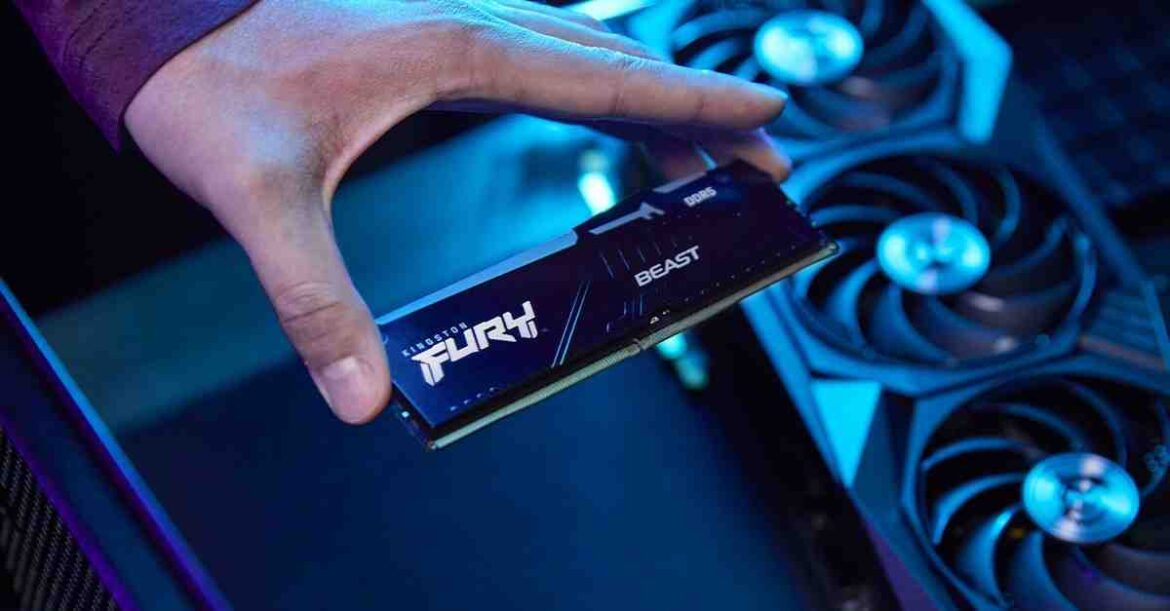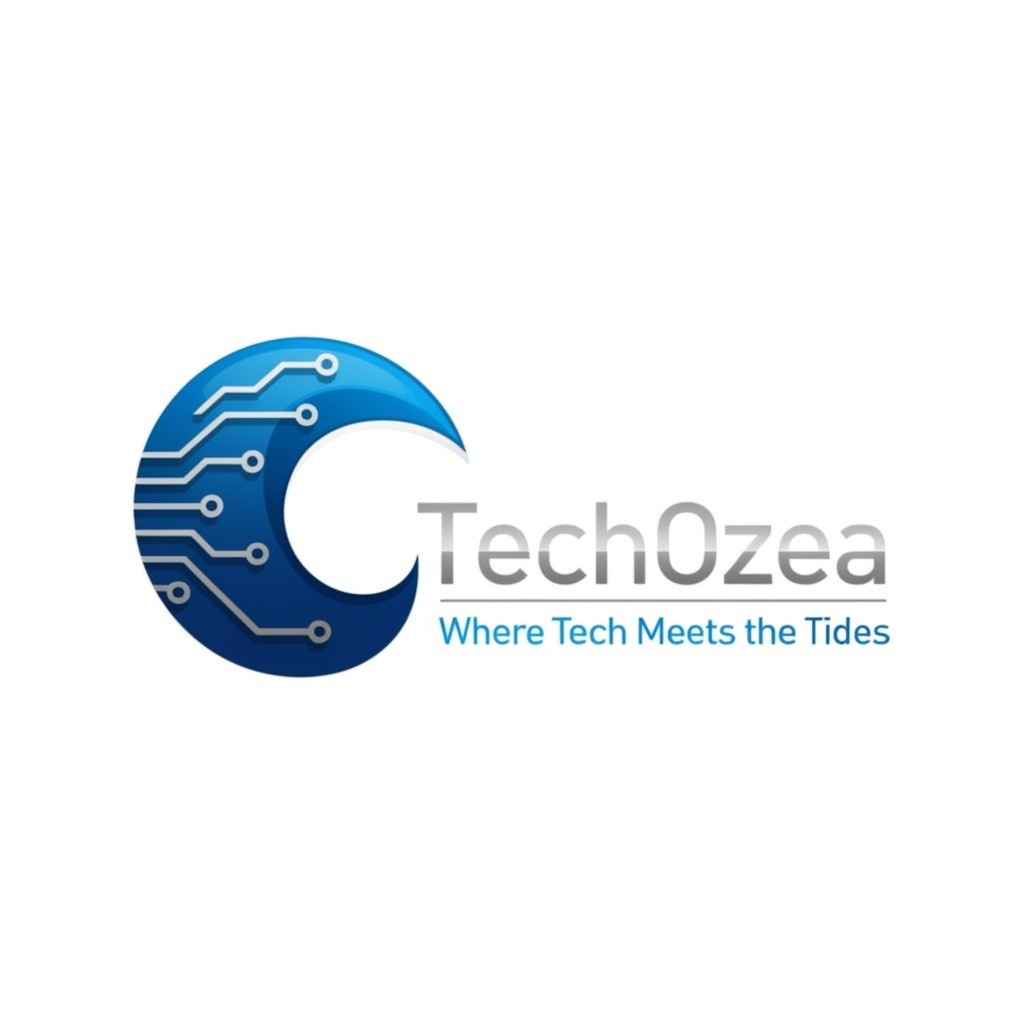🚀 Best Laptop Specs for Developers
💡 Quick Answer
For developers in 2025, the ideal laptop specifications include a minimum of 32GB DDR5 RAM for smooth multitasking and virtual machines, Intel Core i7 (13th gen+) or AMD Ryzen 7 processor, 512GB-1TB NVMe SSD for fast compilation, with 16GB being acceptable only for basic web development. These specs ensure efficient IDE operation, seamless container management, and future-proof performance for evolving development tools.
📊 General Development Specifications
For most developers working across multiple languages and frameworks, a well-balanced laptop should handle everything from running IDEs and compilers to testing applications and managing containerized environments. The sweet spot for general-purpose development in 2025 balances performance with portability and battery life.
🌐 Web Development Specifications
Web developers running Node.js, multiple browser instances, local servers, and frontend frameworks need sufficient RAM and processing power for smooth hot-reloading and testing. For basic HTML/CSS work, specifications can be more modest, but full-stack developers benefit from higher-tier hardware.
🤖 Machine Learning & AI Development
Data scientists and ML engineers need serious computational power for training models, processing large datasets, and running Jupyter notebooks. While cloud GPU services are common, local development still demands high-performance hardware for testing and smaller model iterations.
📱 Mobile Development Specifications
Mobile developers running Android Studio emulators or building iOS apps with Xcode need ample RAM and storage. iOS development requires macOS, making MacBook models particularly popular, while Android development is cross-platform compatible.
🎮 Game Development Specifications
Game developers using Unity or Unreal Engine need workstation-class laptops with dedicated graphics cards. Real-time rendering, asset compilation, and testing require the highest tier of consumer hardware available.
💰 Budget-Friendly Specifications
Entry-level developers, students, and those learning to code can start with more modest specifications. These minimum specs work well for basic programming, learning environments, and lightweight development tasks. Consider budget laptop options that still deliver reliable performance.
💼 Professional/Enterprise Specifications
Senior developers, tech leads, and enterprise professionals need premium laptops for complex architectures, multiple virtual machines, large codebases, and client presentations. Reliability, build quality, and warranty support become critical factors alongside performance.


